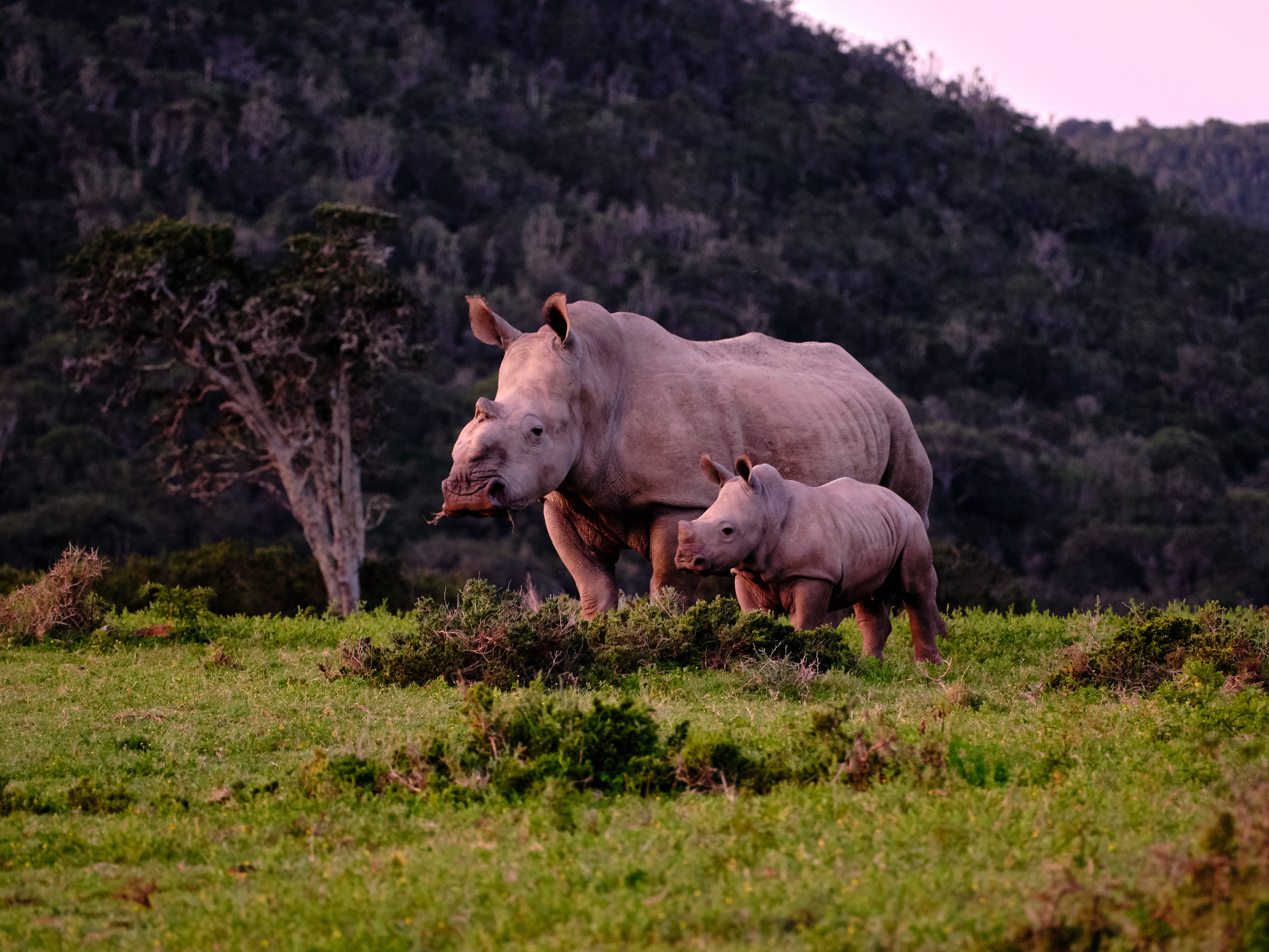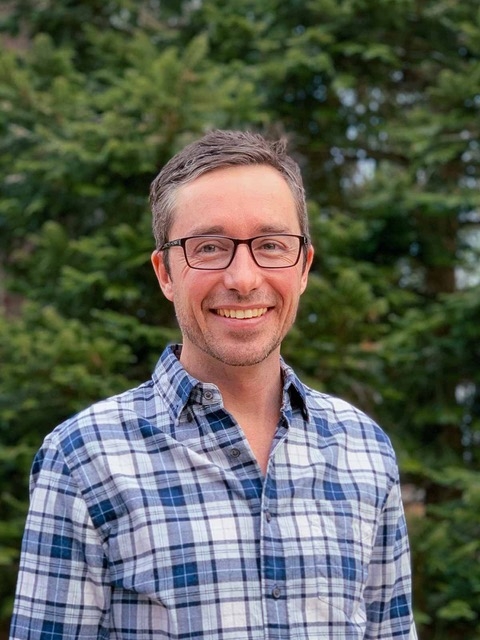Climate change solutions from the other side of the world: Neil Dampier to lead a Global Study to South Africa
May 18, 2021

By Lindsay Key
Online Master of Natural Resources (OMNR) alum and Center for Leadership in Global Sustainability (CLiGS) instructor Neil Dampier saw firsthand the devastating link between social inequality and natural resources disparity while growing up during the apartheid era in South Africa in the 1980s and 1990s.
After graduating from college, he worked in the wildlife tourism industry, guiding visitors on luxury safaris across South Africa to see elephants, giraffes, and rhinos. Meanwhile, the poorest people in the country still had limited access to clean water and air. Even after the apartheid era ended in 1994, the road to true equality in South Africa has been long and difficult, with the wealthiest enjoying full access to the country’s plentiful natural resources, and the poorest left at the margins.
“South Africa is considered by the World Bank to be one of the most unequal societies in the world,” said Neil. “You can go to any city and see a very distinct juxtaposition between people living in abject poverty and those who have it all.”
A study in social contrast and environmental disparity
Although Dampier moved to the United States fifteen years ago to pursue a career in the tourism industry, he never forgot about his home country. In fact, he has made a point to go back often. By day, he serves as the Executive Director for NorthBay Education, Inc.—a non-profit that provides outdoor and environmental education programs to public school students in the Mid-Atlantic United States. Neil is also a partner at Into the Wild Safaris, where he creates and leads custom safaris throughout Africa.

In 2019, shortly after completing the OMNR, he joined CLiGS as a faculty member in the Global Issues in Natural Resources course. In 2022, he’ll be leading the Global Study to South Africa, a location that CLiGS has visited for many years. For Neil, leading the South African trip will be a chance to showcase the beautiful natural resources of his home country, while exposing students to specific sustainability issues South Africans face and that have been heightened by social inequality. One example is the water shortage brought on by climate change.
Lessons from the brink of disaster
In 2017, Cape Town faced a water crisis when water levels hovered between 15 and 30 percent of total dam capacity, and city officials began preparing to turn resident water supply off. Luckily, heavy rains came and re-supplied the dams, but if South Africa had gone too much longer without rainwater, it would have been the first country in the world to literally run out of water.
“Cape Town has had significant water shortages that have been brought on by drought, which have been increasing in frequency and severity,” said Neil. “These shortages have really forced the city and its residents to adapt, and they’ve had to make a number of infrastructure changes, and a number of cultural and behavioral changes.”
These experiences have placed South Africa at the forefront of climate change solutions, and lessons that sustainability leaders have learned from adapting to water shortages are valuable lessons for the rest of the world. “In an increasingly fractured world, South Africa provides an authentic and impactful learning opportunity that is particularly relevant to sustainability professionals, who often need to build coalitions and consensus with diverse stakeholders,” said Neil.
Regional sustainability challenges, global impact
During the 10-day Global Study experience, slated to take place in 2022, students will begin the journey in Cape Town, visiting Table Mountain National Park nearby and examining the challenges and opportunities of having a national park adjacent to a rapidly growing city. From there, students will travel to the country’s esteemed Winelands, to learn more about the agricultural challenges of growing grapes during a changing climate and the economic role that wine plays in the area.

They will then head northeast to what’s known as the Garden Route, a beautiful area that contains some of the world’s rarest flower species but that is endangered by overtourism. The group will end up at Kariega Game Reserve, where the positive and negative impacts of tourism will be discussed and experienced again, and students will learn firsthand about how rangers and game officials deal with human–wildlife conflict.
“I am incredibly proud of South Africa, and really enjoy being able to facilitate an exploration of the many wonderful things that make it work, as well as the many current and future challenges,” said Neil. In addition to his role leading the South Africa Global Study, Neil was also recently certified to administer the Intercultural Development Inventory (IDI), a test designed to measure people’s cultural competence that is used as a learning tool for students in the Executive Master of Natural Resources program.

“It’s a really fascinating country which is still finding its feet in many ways, figuring out how to define itself and how to find the balance between sustainable development and the dire need for people who are in poverty to be propelled out of poverty through economic development,” emphasized Neil.

Neil Dampier is a Center for Leadership in Global Sustainability (CLiGS) faculty member, and an alum of the Online Master of Natural Resources (OMNR) program. His professional experience is in providing strategic, programmatic and administrative leadership and capacity building for high-performing environmental and education-focused nonprofits in Africa and the United States.
About the featured photo
*Kariega Game Reserve is one of the Global Study destinations for Virginia Tech’s MNR students. This photo was taken by the Center Director Dr. Michael Mortimer, an avid photographer and world traveler, during the 2019 trip when students and faculty spent a few days at Kariega learning about conservation practices and community outreach efforts at Kariega.


